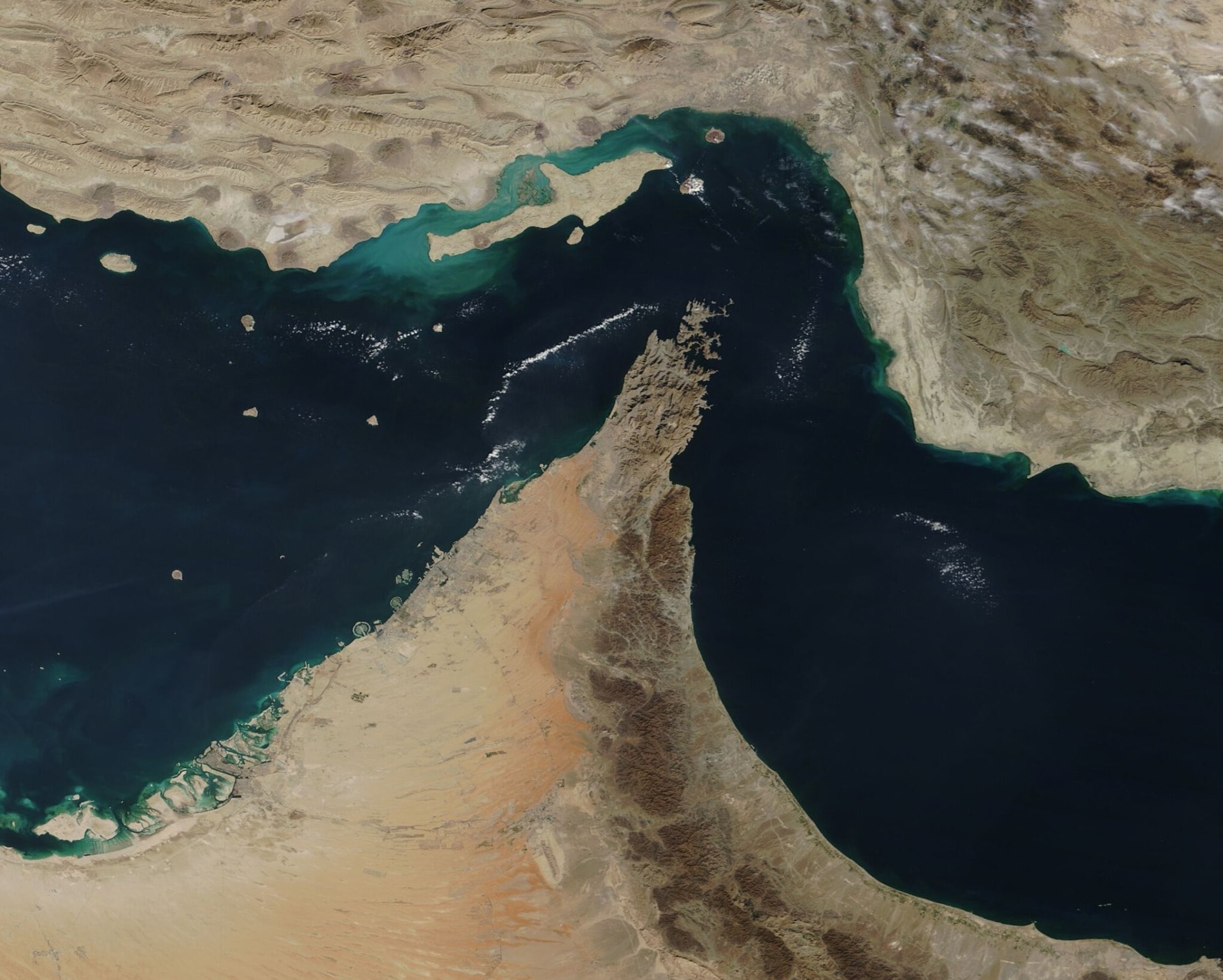With the Italian elections, deglobalization has taken another step forward. A week before the elections, I asked you to imagine the worst and the worst happened. Gridlock. A hung parliament. But not quite in the way I thought. The two winners – both populist, Euro-skeptic and anti-establishment – were a big surprise, even for the usually savvy financial markets who didn’t see it coming. Both the extreme right Lega headed by firebrand Salvini and the unclassifiable Five Star Movement led by young Di Maio won, and won big. Together, they reach 40 percent.
Unexpectedly, Salvini, the Lega boss, got 18%, sending home his old ally Berlusconi, the leader of the right coalition. For the Lega, that’s a big leap from ten years ago when it was navigating around 5%. And Di Maio got some 32%, making the Five Star Movement the first party in Italy, with a strong show across the peninsula, including in the South where it roundly beat the Lega.
Both, of course, are bad news for Europe and Marine Le Pen was quick to congratulate herself with Salvini: “Europe is having a terrible evening” she tweeted with a smirk. And you can bet Vladimir Putin was equally happy, he loves nothing better than a destabilized Europe, though he is probably sad to see Berlusconi’s defeat – after all, they were good friends.
Di Maio, bright-eyed and bushy-tailed, his tie neatly knotted, declared he’s ready to govern. Bearded and somber, Salvini, standing strong on his “Italians First” Trumpian platform, claimed that he has a “right and duty” to govern.
Everyone had expected (or hoped?) the current system would go on, unchanged. That would have meant Berlusconi (Forza Italia) and Renzi (Democratic Party – PD) would have done well enough so that in the event of a gridlock – the three poles, left, right and the Five Star Movement there would be a way out, a possible government based on a Democratic Party (PD) alliance with Forza Italia(FI). After all, Renzi and Berlusconi were on talking terms, Berlusconi had even gone to Brussels to re-assure everyone that he was pro-Europe, so hopes were high, especially in the financial community that prefers to see political stability.
Now, of course, that won’t happen. FI got stuck at 14% (I’m rounding off all the numbers here) while the PD dropped calamitously below 19%. And that means they just don’t have the numbers to pull it off.
The big problem is that neither has the numbers to form a government and neither wants to work in an alliance with the other. They can’t, of course, they are too far apart. And they fight for the same electorate, people disgruntled with Brussels and the lack of cooperation from European Union partners in dealing with immigrants; people unhappy with the economic situation that has been bad since 2008, especially for the young that are suffering from unemployment, at an unyielding 40% , one of the highest rate in Europe. They both pointed to the same causes for all their ills: the Euro and Europe, immigrants, a corrupt and incapable governing class.
But the solutions they offer differ (almost) diametrically. Salvini’s Lega offers to “reclaim sovereignty” on the Euro, echoing Brexit, and talk of a flat tax to help business. In contrast, The Five Star Movement has deep roots on the left. As Luciano Fontana, the chief editor of the Corriere della Sera newspaper, pointed out on a TV talk show I watched, the Movement’s economic platform “is not only left-wing, it is almost far left”. They talk of providing every citizen with a minimum income. And the Movement is firmly grounded in an anti-establishment position.
To be clear: That means it won’t work with any other party, in the sense that it won’t give a seat in government to anyone else. If it did, it would be reneging on its founding principles, something its electorate won’t allow. Moreover, the Movement has softened its views on Europe and is no longer talking of carrying out a referendum on the Euro. The Lega, on the other hand, continues to be firmly committed to taking Italy out of the European Union.
The election took place on 4 March, a rainy Sunday that saw remarkable affluence to the voting polls, 73%, higher than any in recent elections. This indicates that, for the first time, the “party of the abstentionists” – those who are undecided and/or do not want to vote because they are too disgusted with the political class – set aside their doubts and disgust and actually voted.
An Anti-Establishment Vote
This is important, and the political class should take note. The vote was really an anti-establishment vote: All the parties in the opposition won, and the PD, the governing party for the last five years, lost. And lost big.
People are fed up with old faces. And Italians have been fed up with their politicians for a long time now. Like in America, where many people voted Trump because they couldn’t stomach Hilary Clinton and the old “establishment”.
The election marked the exit from political life of several iconic figures of Italian political life, chief among them, Berlusconi, the founder of Forza Italia, who governed the country for some twenty years, since the early 1990s.
Along with Berlusconi, a series of old, tired and tiresome politicians was sent home, chief among them D’Alema who had tried yet another trick of his to split the PD (and presumably send Renzi, the PD Secretary home) by forming a new party of his own at the last minute. Launched last December, it was called Free and Equal (Liberi e Ugualu – LeU). As luck would have it, LeU did very poorly, around 3%, far from the 7% D’Alema and his friend and LeU co-founder Grasso had hoped. Cherry on the cake, D’Alema was roundly defeated in his hometown (he got just 3%).
But the one who should have gone home didn’t: Matteo Renzi, the PD Secretary. Rumors have it that he would even work to form a government supporting the Five Star Movement. But that’s just a rumor, and unfounded too, even if it has been picked up in the press, here and there. French television, France 24, has called such an alliance “strange bedfellows”, strange indeed, and improbable.
The Movement has done nothing but “insult” the PD, or so Renzi reminded his audience in a television talk in which he announced his departure as secretary, implying an alliance is not in the works. Speaking of his television address, there was another notable point he made: He did announce his departure as party secretary, but “only after the government is formed”. And with no majority in sight, that could take many months.
After all, it took Germany five months to form a coalition government. The German political landscape, while also tri-polar like Italy’s, was less complicated, with the populist Alternative for Germany clearly in the minority. Here, in Italy, the situation is also tri-polar but far more complex, none of the three poles is clearly small and can be dismissed.
The smallest now is the PD, it has lost two-thirds of its seats in Parliament yet it can’t be dismissed.
What happens next?
In a sense, the PD is a kingmaker, and no doubt that is why Renzi wants to stay on. Even though the national vote went clearly against him and he is largely the cause of the PD collapse, Renzi has a hard time giving up his grip on power – no question, his unexpected victory at the European elections four years ago, in 2014 (he got over 40%), has gone to his head. Even in his (bumbling) television talk, he couldn’t help but crow over his personal victory in his home district (in Florence, he got over 40% – again).
The important point to remember is that both Renzi and other major exponents of the PD have said and repeated on television that the party plans to stay firmly in the opposition. Can they be an effective opposition with only some 112 lawmakers?
Maybe they can. After Parliament convenes on 23 March, the situation will be clearer. Many of the newly elected may not closely toe party lines. And this will become obvious when the Presidents and Vice-Presidents of both chambers of Parliament are elected (that’s the first political move).
 Mattarella, the President of Italy, is sure to be closely watching the parliamentary games since he is the one constitutionally tasked with entrusting the formation of a government to the “winner” (whoever that might be). The roadmap is in his hands, and he is widely considered the right person for the job.
Mattarella, the President of Italy, is sure to be closely watching the parliamentary games since he is the one constitutionally tasked with entrusting the formation of a government to the “winner” (whoever that might be). The roadmap is in his hands, and he is widely considered the right person for the job.
The unexpected could happen. For example, several – perhaps as many as 20 – Five Star Movement exponents are likely to join a “Gruppo Mixto” in Parliament, meaning they will not follow party indications in voting. Why so many? Because, just before the elections, the party was rocked by a series of scandals, and those that were publicly denounced and even ejected from the Movement are not likely to obey Di Maio now that they have been elected.
Related Articles: ELECTIONS IN ITALY, WHY THEY MATTER FOR EUROPE AND THE WORLD
Likewise, life in the coalition on the right will not be easy for Salvini. It had been expected all along that Berlusconi would control his unruly ally, but since that didn’t happen, it is unlikely that Salvini can now count on the support of Forza Italia that, unlike him, is pro-Europe – and, standing alone with his 73 deputies and 37 senators, won’t get him far.
In short, anything can happen and nothing too. Which means that Italy might go to new elections. A lot of people I meet think that will happen. Will it change anything? Maybe.
Forza Italia will certainly not ally itself again with the Lega. Some of it might even flow into the PD. And if the PD can rid itself of old faces, it might regain some of the lost ground.
That means getting rid of Renzi and pushing those PD exponents that did well, chief among them Gentiloni, who was Prime Minister and is now heading a caretaker government. Gentiloni did very well (some 42% in Rome where he presented himself) and this means only one thing: people need to see new faces. And not only new faces, but politicians with a real capacity to govern, as he has shown.
The PD should take note.
Editors note: The opinions expressed by Impakter.com columnists are their own, not those of Impakter.com. Featured | Cover photo: DiMaio Facebook Page









